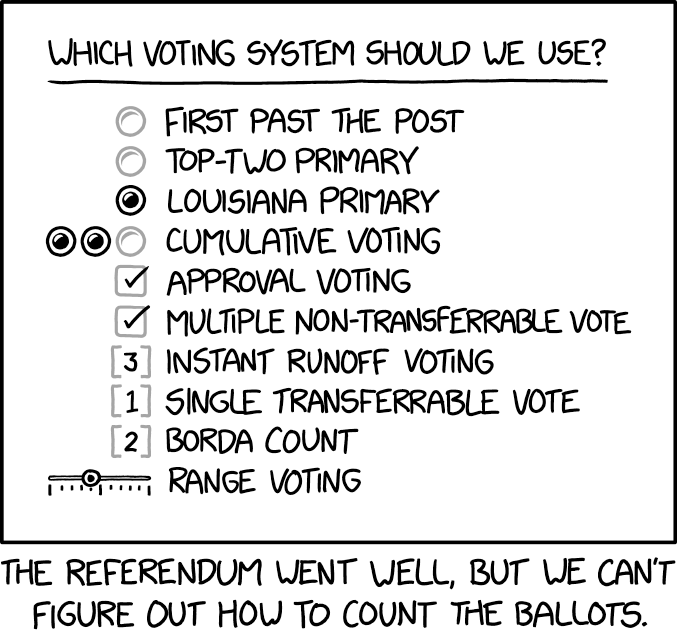From Business Insider:
Parents choosing high schools for their kids place more value on the students already enrolled than on the school's effectiveness, according to a study by MIT economist Parag Pathak
"A solution to school matching might be attainable, but the bigger challenge remains. "It's a success in terms of matching systems getting out there," Pathak said. "But it shines a spotlight on bigger problem - the scarcity of good schools."
...
"The rise of "market-design economics" has attracted a new type of person to the profession, he said. "Our folks are much more humble. We really like to get our hands dirty from very real problems," he added. "The mindset is more of an engineer — how would we put those ideas to use in actually building something in society?"
Parents choosing high schools for their kids place more value on the students already enrolled than on the school's effectiveness, according to a study by MIT economist Parag Pathak
"A solution to school matching might be attainable, but the bigger challenge remains. "It's a success in terms of matching systems getting out there," Pathak said. "But it shines a spotlight on bigger problem - the scarcity of good schools."
...
"The rise of "market-design economics" has attracted a new type of person to the profession, he said. "Our folks are much more humble. We really like to get our hands dirty from very real problems," he added. "The mindset is more of an engineer — how would we put those ideas to use in actually building something in society?"




